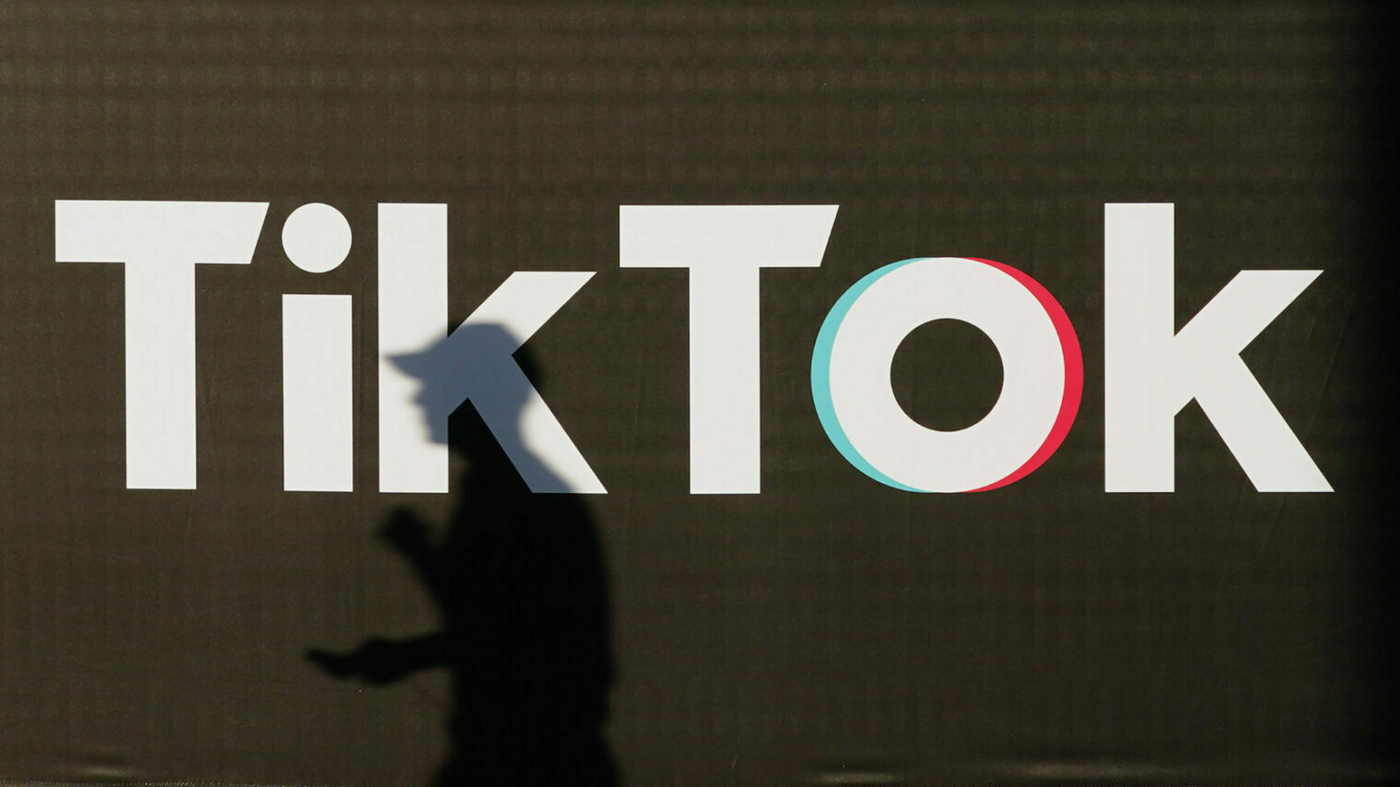Fair question, I suppose.
Note that there are quotation marks around the thread title, meaning that this was a question that I heard on the radio being asked by someone else. My OP was intended to make the point, little noted by anyone here outside of Max S., that the answers to her question (my pronouns incidentally are “he” and “his”) seemed remarkably complicated and obtuse, given the simplicity of the question, which always sets off my BS detector.
I myself don’t know much about electronic surveillance, nor am I much affected by it, so all along I was more interested in the rhetorical issue here, and I honestly expected this discussion would be more of a critique of the rhetorical ineptness used by NPR’s experts. Instead, I got answers that seemed to me to replicate some of that obtuseness and deflection so I engaged with those who had such difficulty giving a simple straightforward answer to a simple straightforward question.
Again, they (and NPR’s experts) leapt over that simple answer, which I still take to be “An exclusive watcher of cat videos is probably in very little danger from Tiktok, and a similar danger is posed by U.S.-based data-gathering organizations. The real danger, however, comes in revealing personal information, which all of these organizations demand from its users, and in giving them access to the users’ microphone and camera. Naive users may think these organizations are harmless, but state actors such as China may well harvest this data and use it malevolently…” etc.
This sort of approach seems, rhetorically speaking, to defuse the seeming harmlessness of the original question by acknowledging that in the purest sense the personal danger to a single cat-video watcher may well be minimal, but that many other Tiktok users expose themselves, and ultimately the U.S., to other dangers that are far greater [followed by an elaboration on those specific dangers to the other users, with the codicil that Chinese companies like Tiktok are essentially agents of the state, gathering data for malevolent purposes, data that could be purchased but users are giving them freely, etc.
I thought this sort of approach, acknowledging the relative safety of the OP’s OP’s position, made more sense than the responses of NPR’s experts and the first few broad and scary responses here, so I continued to probe a bit, creating apparently a lot of interest in my ulterior motives here, as a paid agent of the Chinese state, as a dullard whose fascination with cat videos betrayed an empty personal life, etc. none of which happens to be remotely applicable.
